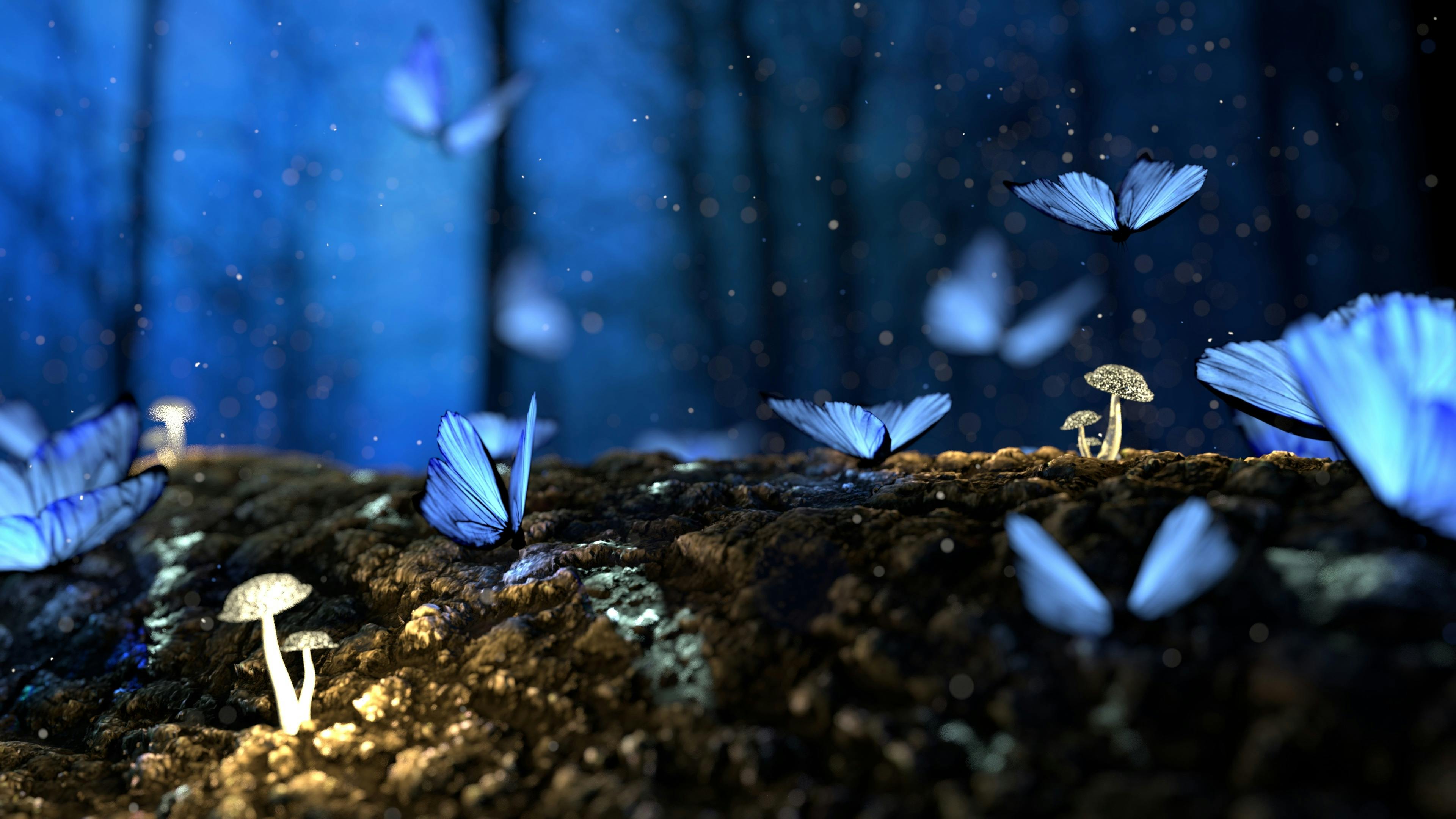Embracing the Unseen: The Vital Role of Insects in our Ecosystem
The often overlooked and undervalued insects play a pivotal role in the survival and health of our ecosystems. From pollinating our crops, controlling pest populations, to decomposing organic waste, insects are a crucial part of life on earth. This article delves into the significance of insects and the current threats they face.

The Unseen Heroes of Nature
Insects are nature’s unsung heroes. They are an integral part of food chains, and their role as pollinators is invaluable. Bees, butterflies, beetles, and other insects help fertilize plants by transferring pollen from male to female flower parts. According to studies, about 75% of the world’s flowering plants and about 35% of the world’s food crops depend on these tiny creatures to some degree for pollination.
The Indispensable Decomposers
Apart from pollination, insects are also vital decomposers in our ecosystem. They help break down dead plants, animals, and other organic matter, returning essential nutrients to the soil. Without insects, our world would be piled high with dead organisms and waste. In this role, insects like beetles, flies, ants, and termites are of paramount importance.
Insects: Nature’s Pest Controllers
Insects also serve as a natural pest control, helping to maintain the balance in nature. Many predatory and parasitic insects feed on crop pests and other harmful insects, keeping their populations in check. Ladybugs, for instance, are known to consume a large number of aphids, a common garden pest. Similarly, parasitic wasps lay their eggs in or on other insects, eventually killing the host insect.
Market Influence of Insect Products
Insect-derived products also have a significant economic impact. Honey, silk, shellac, and other insect products contribute billions to the global economy. There is also a growing interest in edible insects due to their high nutritional content and low environmental footprint. As of 2019, the edible insect market was valued at around $112 million and is projected to reach $1.53 billion by 2027.
The Current Plight of Insects
Despite their crucial role, insects worldwide are facing an alarming decline. Studies indicate that 40% of insect species may face extinction in the coming decades due to habitat loss, pollution, climate change, and overuse of pesticides. The decline of insects could have catastrophic consequences for our ecosystems and food security.
In conclusion, insects, though small and often unseen, have a profound impact on our lives and the world around us. Their decline is a serious concern that needs immediate attention. As we move forward, it’s essential to recognize their value and take steps to protect and preserve these tiny creatures for the health and wellbeing of our planet.




